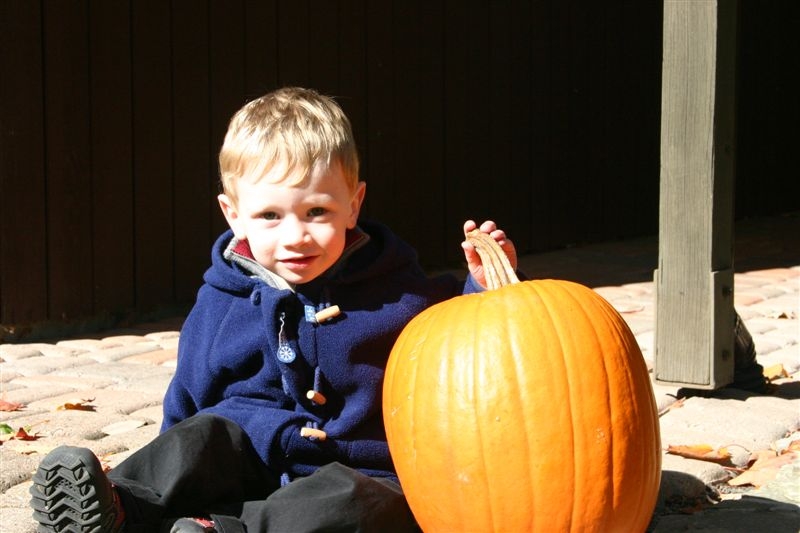
We've fielded many questions from friends and family in the UK and Australia about life in Canada. Below your common concerns are addressed:
What's the weather like?
When we arrived in May, the weather was mostly sunny and very warm (25 - 30C); with the occasional thunderstorm. June, July, August and September had similar weather; it was a little cooler in October. The temperatures quickly dropped in November, with our first snowfall on Wed 24 Nov. Throughout December, January and February most days were sunny, with temperatures around -5 C to -10C (occasionally dropping to -20C), with a snowstorm about once a week. I'm told we'll have warmer weather by late March / early April and a chance to re-discover what toys are buried under the 295cm of snow that has fallen so far this winter.
Do you wear snowpants?
When skiing, sliding down the ice slides at Winterlude and refilling the bird feeder in the backgarden, yes. For the rest of the time, adults can leave the house wearing just a very warm jacket, hat, gloves, scarf, and knee-high snow boots. Anna and Nathan wear all of the above and snowpants every time they go out the front door because of they tend to climb up snow banks, make snow angels, knock over icicles, skid on the ice and splash in puddles of melted snow more often than I do.
What do you wear under snowpants?
Snowpants and jackets go over your regular clothes. Like most other 5 year old girls, Anna usually wears very frilly skirts and dresses, with cotton tights underneath. Her snow pants and jacket goes next, with fairy wings over top.
How do you drive in the snow?
Slowly. Snow chains are not used, instead most people switch to winter tires, made of material capable of gripping the road when it is -20C. After a snowstorm, major roads are quickly ploughed and salted to slow ice forming. Residential roads are less frequently cleared, but traffic packs down the snow; it melts quickly on the black tarmac and when travelling at 30km an hour, it is not difficult to drive over 10cm of snow.
Do you have to drive everywhere?
In the summer time, when Morrie took our only car to work, I cycled most places, towing the children on a bike trailer. Our double trailer can fit Anna, Nathan and $100 worth of groceries in the back; although if I buy watermelon, Anna has to hop out and walk. If it has recently snowed, I'll walk and pull the children on their sleds; if the snow is patchy, I'll use the trailer in stroller mode. If the destination is more than a 15 minute walk then we usually drive, especially if it is -20C.
How expensive are homes?
The average price of a detached 2 storey house in Ottawa was $307,000 (£150,000) in 2007; with the expectation than an average home has 3 bedrooms, 3 reception rooms and a garden. Of course, house prices vary enormously according to neighbourhood and size.
Does everyone speak French?
In Ottawa, most people speak some French, with a large number of people bilingual in English and French. According to the City of Ottawa, one third of Ottawans are Francophone (speak French at home); half are Anglophone (speak English at home), with other languages, such as Arabic, Chinese or Italian, spoken in the remaining homes.
When do kids start school?
In Ottawa, children start junior kindergarten at 4 years old for 2 ½ hours a day, then senior kindergarten at 5 years, again for 2 ½ hours a day. A full day at school begins in first grade, aged 6. Anna attends a French Immersion elementary school in which all teaching is completely in French, aimed at children who speak English at home.
Does Anna really catch the bus by herself?
Remember the bright yellow school bus on the Simpsons? Anna, like most other children in Ottawa, catches a yellow school bus to and from school. All the kindergarten children sit at the front, with big labels on their backpacks highlighting their bus route and stop. Instead of chatting at the school gate, Nate and I wait with another couple of mums at the bus stop down the end of our road. Anna's closest school friend is the girl she sits with on the bus, rather than someone in her class (perhaps she has more of an opportunity to chat in English on the bus than in the classroom).


